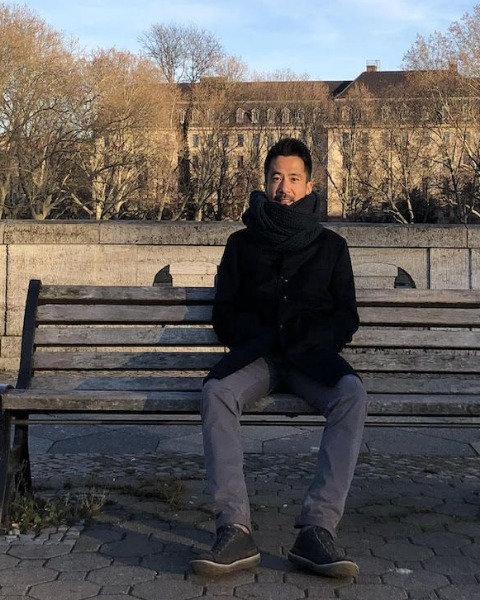Individual Paper
8. Negotiating Margins: Representations, Resistances, Agencies
Dying on the Margins: Resident Muslims and the Politics of Burial Cemeteries in Japan
Muslim migrants are known to suffer from marginalization in non-Muslim countries. They face a particular hardship in Japan, i.e. the lack of access to burial grounds when 99.9% of the nation is cremated. This study draws on ethnographic data gathered over two years to examine how and why Muslims in Japan suffer in securing a burial cemetery when the legal regulations on mortuary practices allow for burial. Data from participant observations and interviews show that property for burial grounds is predominantly available in the rural countryside, where local residents form a tightly-knit community bound by local-specific norms and are in principle closed to outsiders. When Muslims are ‘outsiders’ in many layers, e.g. ethno-culturally and phenotypically, the exclusive nature of the Japanese gemeinschaft makes it difficult for Muslims to access properties for burial in a countryside where they do not have membership. This study engages the theoretical debate on “bonding and bridging ties” in the social capital literature to analyze how Muslim migrants attempt to capitalize on their social networks to gain access to a burial cemetery in a rural community. In contrast, those without the necessary social capital consequently face resistance and opposition from the local community, leaving them without the much-needed access to a burial ground. This sociopolitical dynamic represents the unequal distribution of the Constitutional right to culture by the possession of social capital. This paper closes by discussing the policy arrangements necessary to secure the cultural rights of immigrant minorities in Japan.

Shinji Kojima
Ritsumeikan Asia Pacific University, Japan

.png)